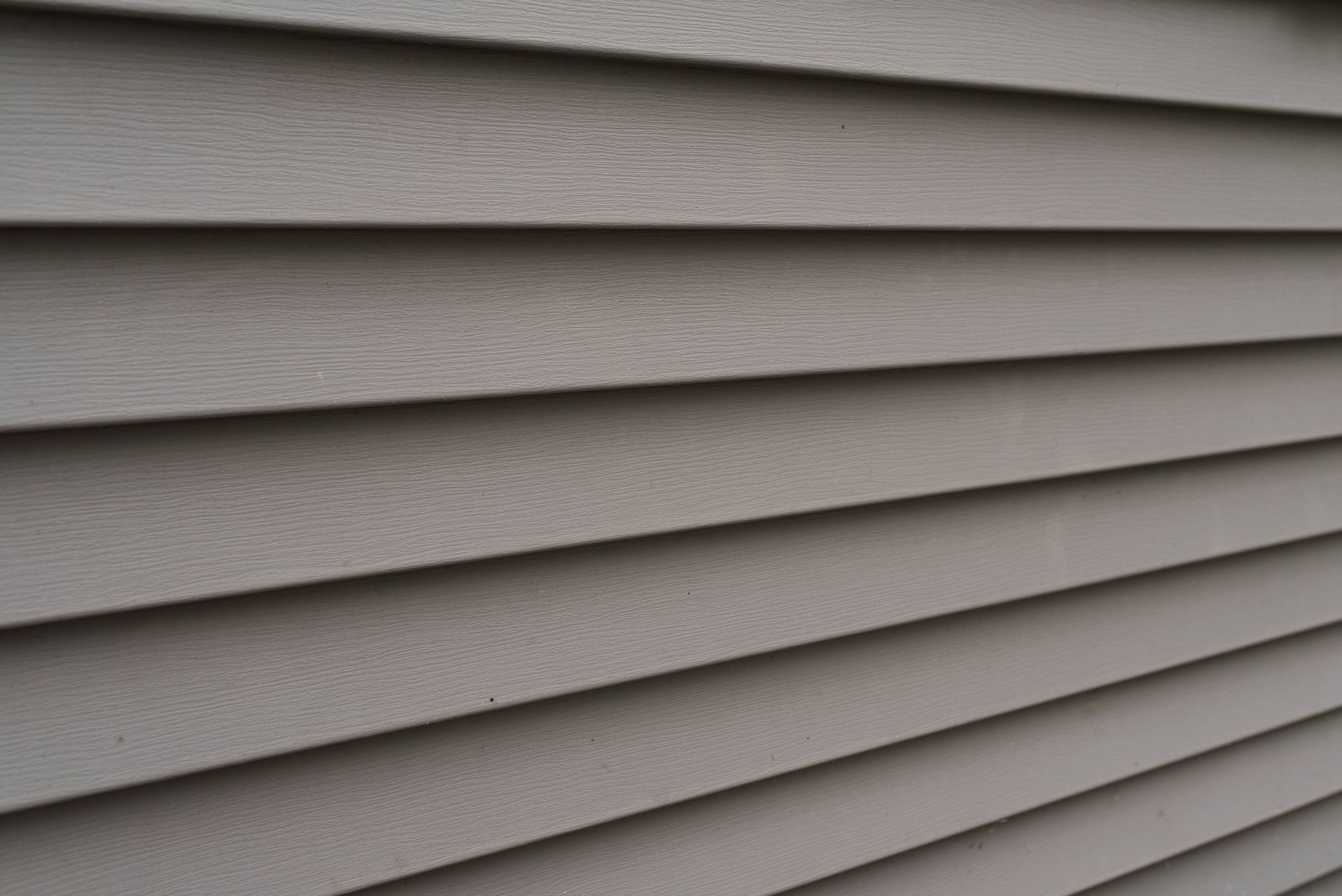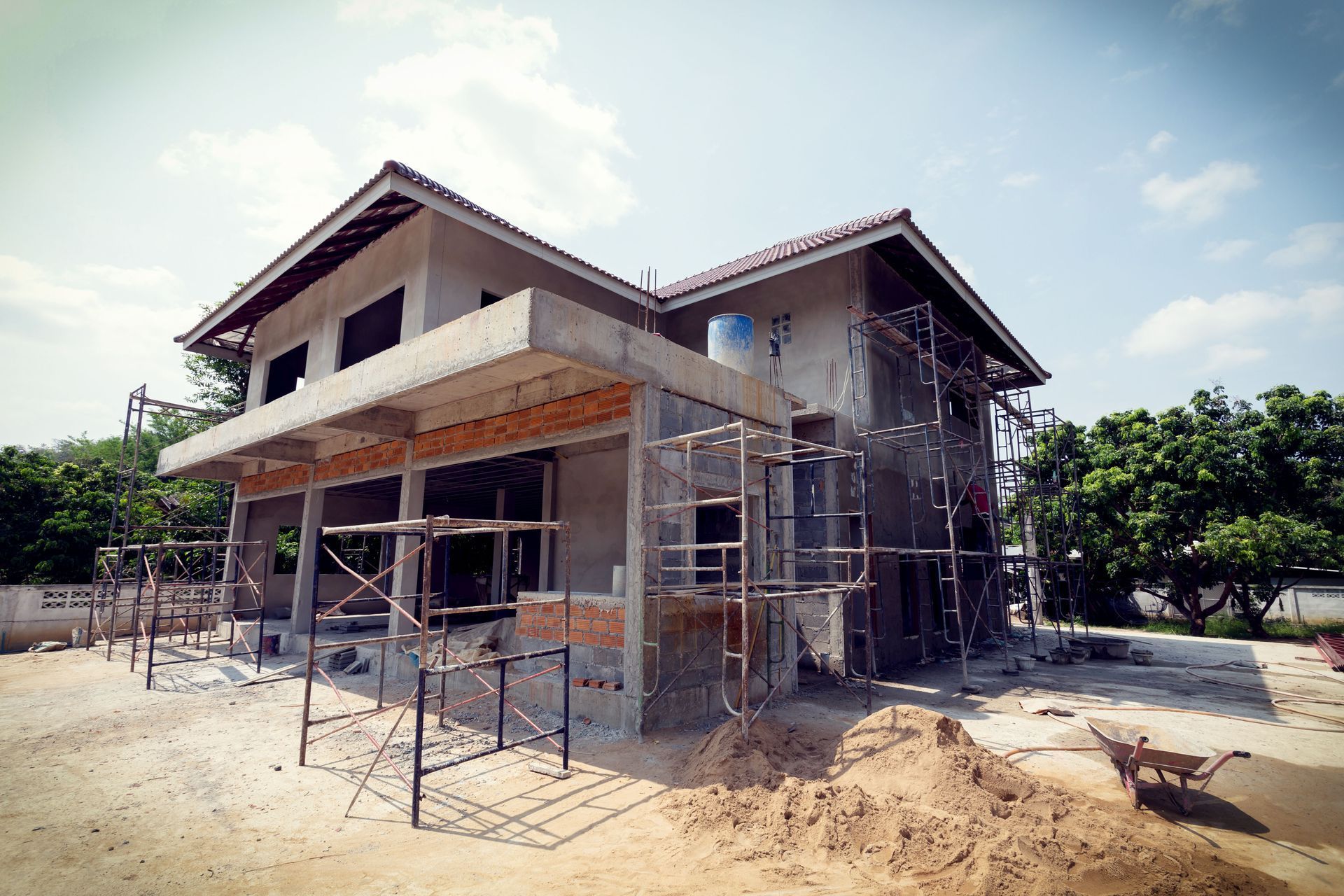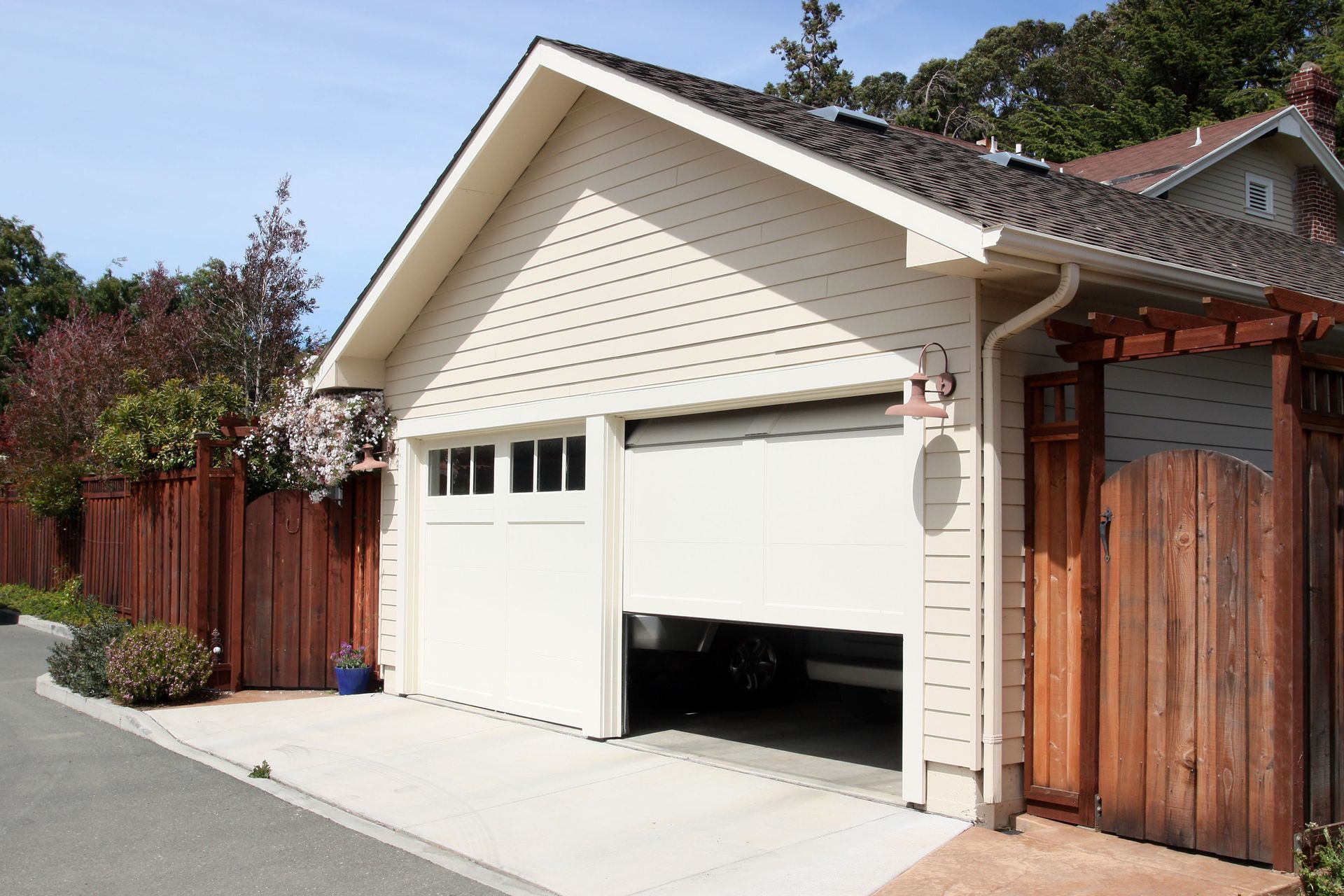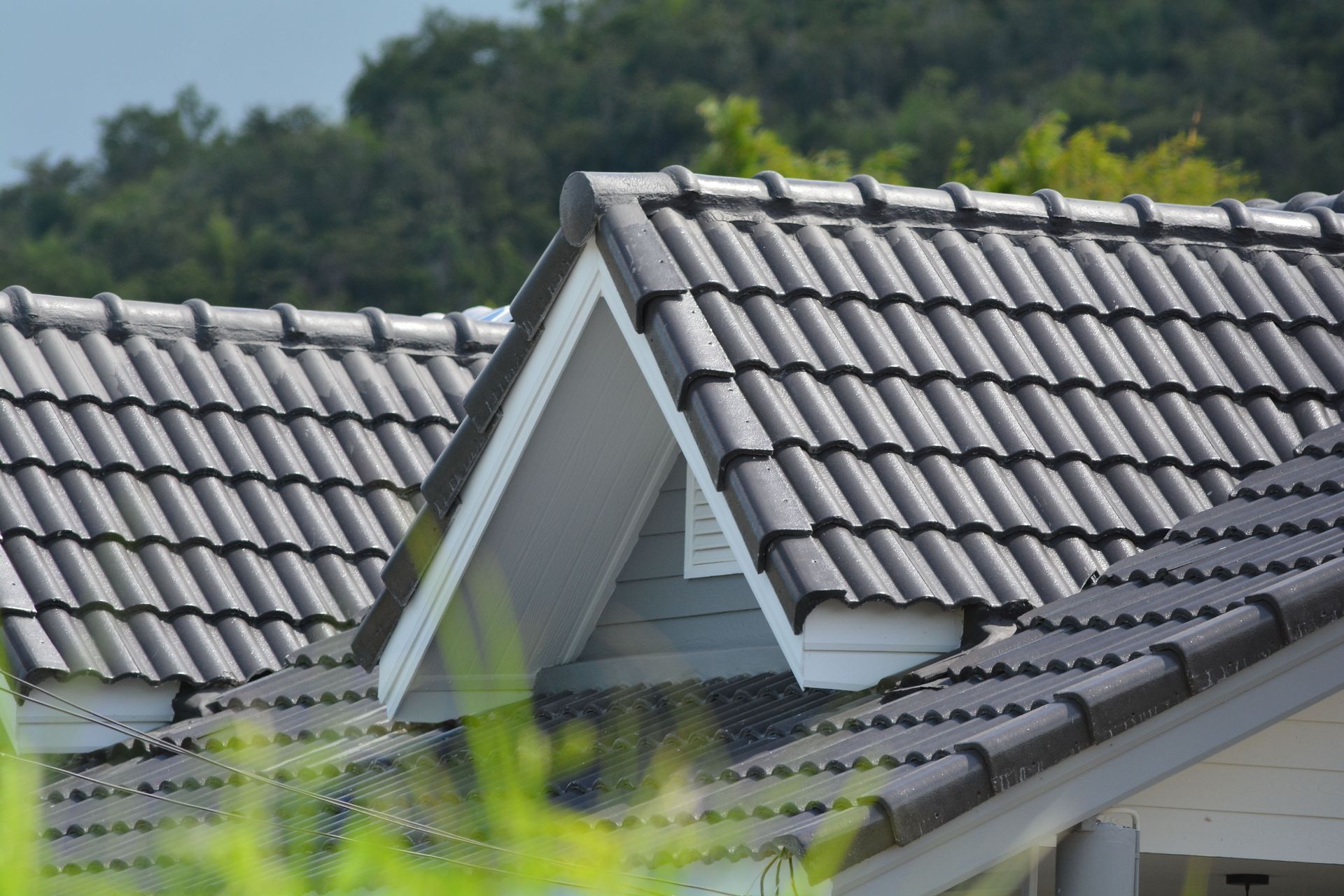What Type of Siding Performs Best in Humid or Rainy Climates?
November 11, 2025
November 11, 2025
Highlights:
- Homes in humid or rainy climates demand siding that resists moisture, mold, rot, and warping.
- Materials like fiber cement and high-quality vinyl stand out for durability and low maintenance.
- Proper installation and ventilation matter just as much as material choice.
- Dillman Brothers serves homeowners in Champaign, IL and can guide local siding decisions.
- Selecting the right siding for Champaign, IL’s conditions helps protect your investment and improve performance.
What Climate-Challenges Siding Faces in Humid or Rainy Regions
In a region like Champaign, IL where humidity and rain occur regularly, siding faces more than just aesthetic stress: moisture intrusion, mold growth, rot, and warping become real risks. According to Kebony , excess dampness or trapped moisture can quickly damage insulation, weaken wood framing, and create mold inside the home. Homes in wetter and more humid climates require siding systems that manage moisture rather than simply look attractive. That’s why when Dillman Brothers works with homeowners in Champaign, IL, they emphasize materials chosen for water resistance, drainage, ventilation, and proper installation.FAQ
Best Siding Materials for Humid or Rain-Prone Areas
When selecting siding for humid or rainy climates, the standout materials consistently recommended are fiber cement and high-performance vinyl. According to Renoworks , fiber cement, vinyl, and some composite sidings naturally repel or at least don’t readily absorb moisture. In humid or coastal climates, fiber cement and vinyl hold up well because they resist swelling and warping while maintaining their finish. For homeowners working with Dillman Brothers in Champaign, IL, fiber cement is often the premium choice — higher upfront cost but superior performance for rain and humidity.FAQ
Material Comparisons: Fiber Cement vs. Vinyl vs. Other Options
Fiber cement siding ranks high because it resists moisture, mold, warping, and insect damage. According to the Building America Solution Center , siding materials that perform well have high resistance to moisture, pests, impact and fire — characteristics that align strongly with fiber-cement’s engineered composition. Vinyl siding is praised for its lower cost and maintenance — it doesn’t rot and sheds water easily — but its performance can vary by quality and installation. Wood, while visually appealing, struggles in humid zones because it absorbs moisture, expands, and decays unless meticulously maintained. In Champaign, IL, the team at Dillman Brothers helps homeowners choose fiber cement or high-grade vinyl paired with proper rain-screening and flashing for the best durability.FAQ
Why Proper Installation and Drainage Matter Just as Much
Even the best siding will underperform without correct installation, detailing, and drainage. The key is to create a wall system that lets water escape while protecting the structure beneath. Professional siding contractors like Dillman Brothers in Champaign, IL emphasize details such as flashing, sealing, ventilation behind siding, proper fastening, and moisture-rated materials. The siding system must allow water to escape and avoid trapping moisture behind panels. When these details are addressed, your siding investment performs as intended over decades.An often-overlooked factor is the home’s surrounding environment. Overhanging trees, poor gutter systems, or landscaping that directs water toward the foundation can increase moisture exposure. Upgrading or maintaining gutters, adding flashing, and using breathable house wrap can extend the life of your siding dramatically. For humid climates like Champaign, IL, homeowners should also consider color and finish options that include UV-resistant coatings, preventing premature fading and heat-related warping. By combining these small preventative measures with the right siding material, you not only improve curb appeal but also create a home exterior built to withstand years of Midwestern weather challenges.
Additionally, periodic inspections play a major role in siding longevity. Homeowners should check for cracks, loose panels, or caulk failure at least twice a year—especially after severe storms. If small issues are repaired quickly, they prevent water intrusion and reduce the need for costly replacements later. Partnering with trusted professionals like Dillman Brothers ensures that every component, from underlayment to trim, performs seamlessly in Champaign’s changing weather patterns. Consistent care and proactive attention keep siding looking fresh, energy-efficient, and capable of protecting your home for decades.
Preventing Long-Term Siding Damage in Humid Climates
For homeowners in humid or rainy environments, prevention is just as important as choosing durable materials. Regular maintenance, including washing the exterior, inspecting seals, and managing vegetation near the home, helps stop moisture buildup before it starts. Proper attic ventilation also reduces trapped humidity, protecting the siding from the inside out. By combining routine upkeep with a trusted installation team like Dillman Brothers, homeowners in Champaign, IL can extend the life of their siding and preserve its performance for many years to come.Choosing The Right Siding For Champaign, IL
In Champaign, IL and similar humid or rainfall-prone climates, siding needs to do more than look good. It must resist moisture intrusion, mold, rot, and warping while maintaining its integrity through seasonal changes. For homeowners working with Dillman Brothers, the recommendation is clear: prioritize materials like fiber cement or proven vinyl with moisture-resistant characteristics, insist on professional installation, and treat siding as a long-term protection investment. When you match material, climate, and installation, you protect your home’s structure, minimize maintenance, and enhance curb appeal for years to come. Ultimately, investing in the right siding today means greater comfort, higher efficiency, and long-term value for your Champaign, IL home.The right siding doesn’t just defend your property—it elevates its value and beauty. With expert craftsmanship and weather-tested materials, Dillman Brothers helps local homeowners achieve peace of mind knowing their siding is built to endure Champaign’s toughest conditions. Whether you’re replacing worn panels or upgrading to fiber cement or vinyl, making an informed decision ensures protection that lasts through every storm and season. Choosing durable, weather-resistant siding now can significantly lower maintenance costs, boost resale value, and enhance your home’s long-term sustainability in Illinois’ ever-changing climate. Trust Dillman Brothers to provide reliable solutions that combine performance, precision, and lasting appeal for every home they serve.














